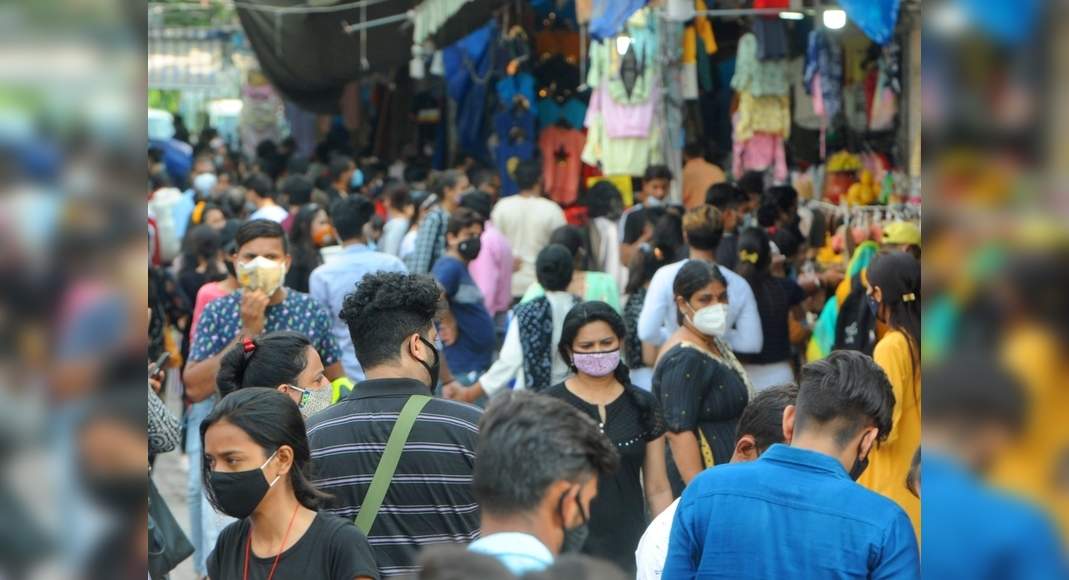LONDON: The World Health Organization (WHO) has, at the G7 summit in the UK, blamed the second wave of the Covid-19 pandemic in India on the “premature” opening up of the society and relaxation of public health measures, as well as the emergence of new variants and unequal vaccine distribution.
Michael Ryan, executive director of WHO’s health emergencies programme, told TOI, “The cause or evolution of this wave in India has been driven by a number of factors including the opening up of society, wedding season, religious ceremonies, a general increase in mobility and mixing of populations, and the emergence of the Delta strain, which is more transmissible and has more kinetic energy and is able to exploit opportunities in transmission.
In effect, we have given the virus more opportunity and the virus has more capacity, and if you put opportunity with capacity together, you get the situation like you saw in India.” Ryan said the India’s pandemic impact continues to be “very severe”.
“It may have left the global airwaves, but the people of India are still suffering greatly as the disease moves through more rural areas.
We commend the health workers and the health system for all they are doing to save lives with an extreme lack of equipment and supplies in many places,” he added.
Maria Van Kerkhove, technical lead of Covid-19 response at WHO, blamed India’s deadly second wave on four variants of concern across the globe: Alpha variant, first identified in the UK; Beta variant, first identified in South Africa; P1 variant, first identified in Brazil; and Delta variant, first identified in India.
“In addition to variants that have increased transmissibility, we have seen dramatic rise in social mixing.
When you have increases in social mixing, even if it is small gatherings, you provide the virus opportunity to spread because people are spending time in close contact with one another.
The third reason is relaxation of public health and social measures,” she said.
“These are scientifically proven measures that can reduce infections and reduce transmission and save lives right now.
The last is the uneven and inequitable vaccine distribution around the world.
We need vaccines to reach those who are most vulnerable and those at highest risk of infection first.” Maria said all of these factors created “a very dangerous combination.” Her message to India was “to stay very vigilant and put everything we can at reducing transmission with all the tools we have right now including vaccines but not only vaccines.” WHO director-general Tedros Adhanom Ghebreyesus said, “ The best approach in India is to not let your guard down and follow the comprehensive approach — strong public health with vaccination — but we are glad to see a downward trend of deaths and cases in the last three to four weeks.” He added the first phase of the WHO study into the origins of the virus was “not conclusive” and that the Wuhan lab leaks theory remained an open hypothesis on the table.
“The origins study is something that WHO takes really seriously.
We need cooperation from the Chinese side and we need transparency in order to know or find the origins of this virus because there were difficulties in data sharing, especially raw data, in the first phase,” he said, adding WHO is preparing the second phase of the study.







